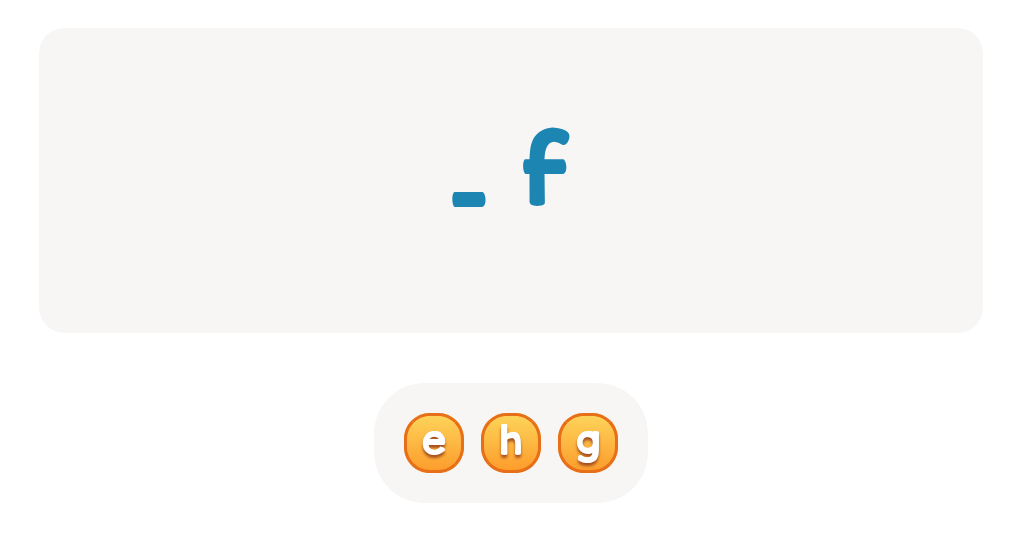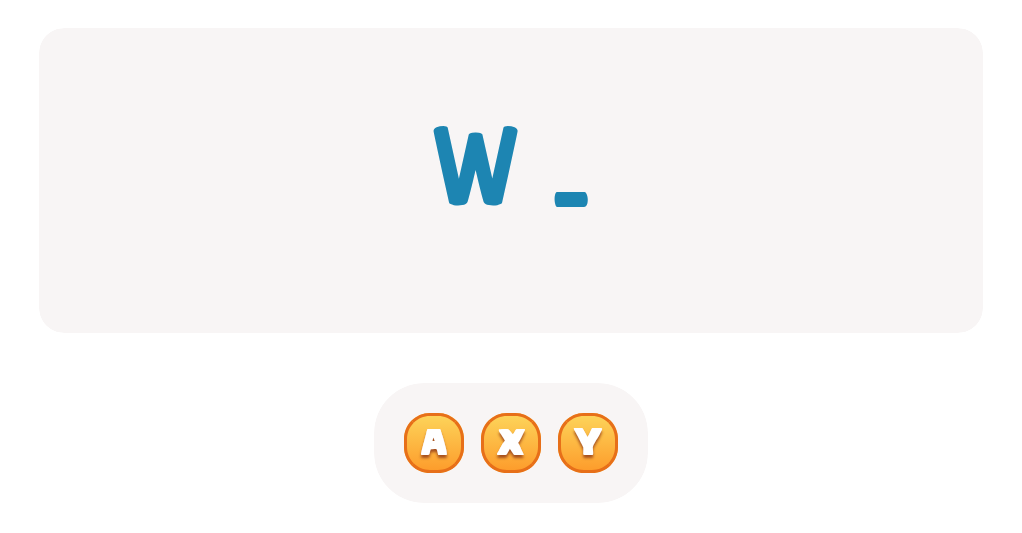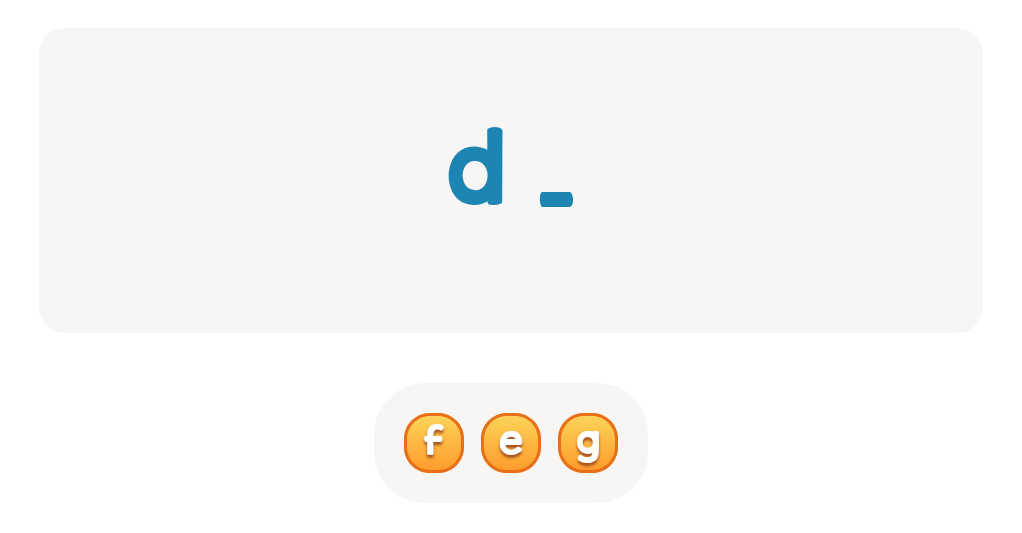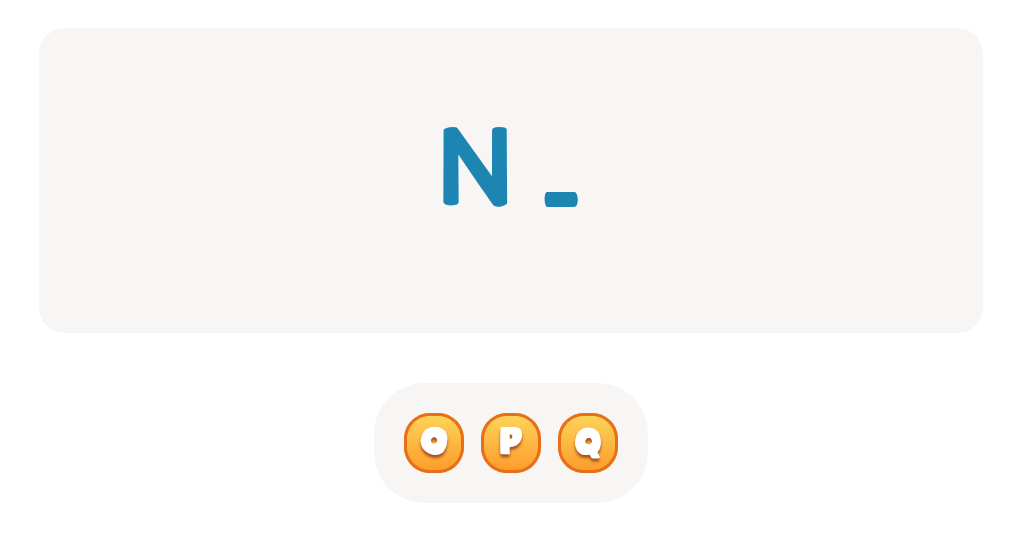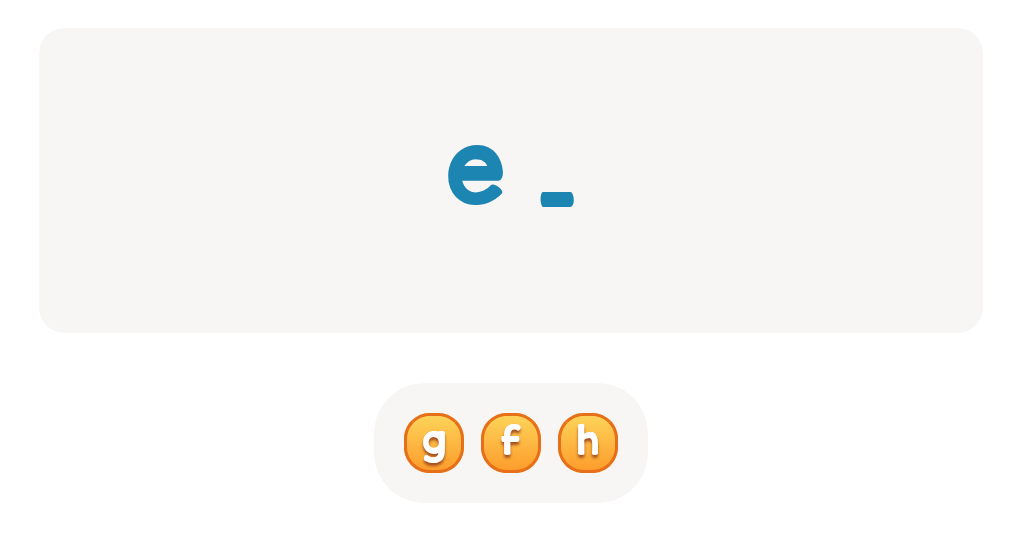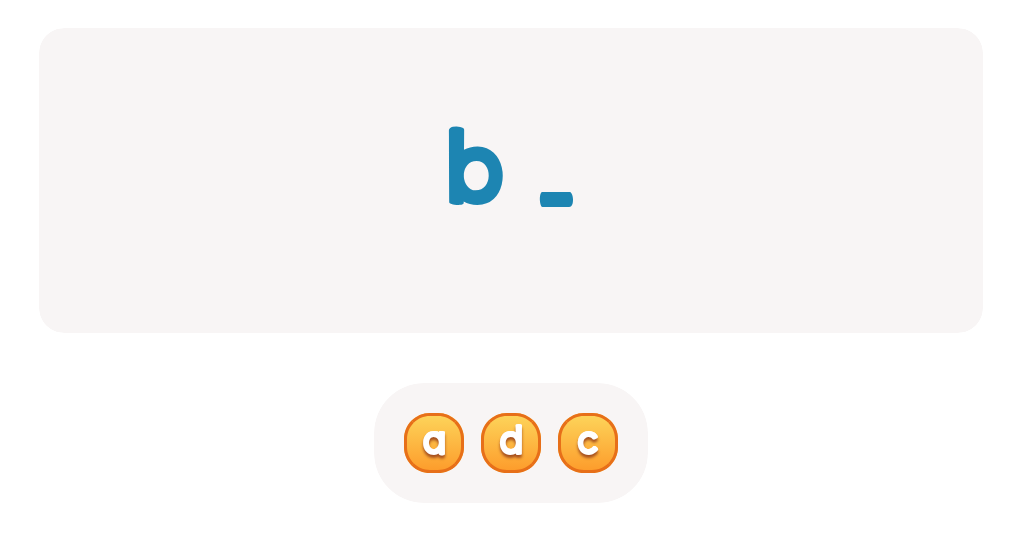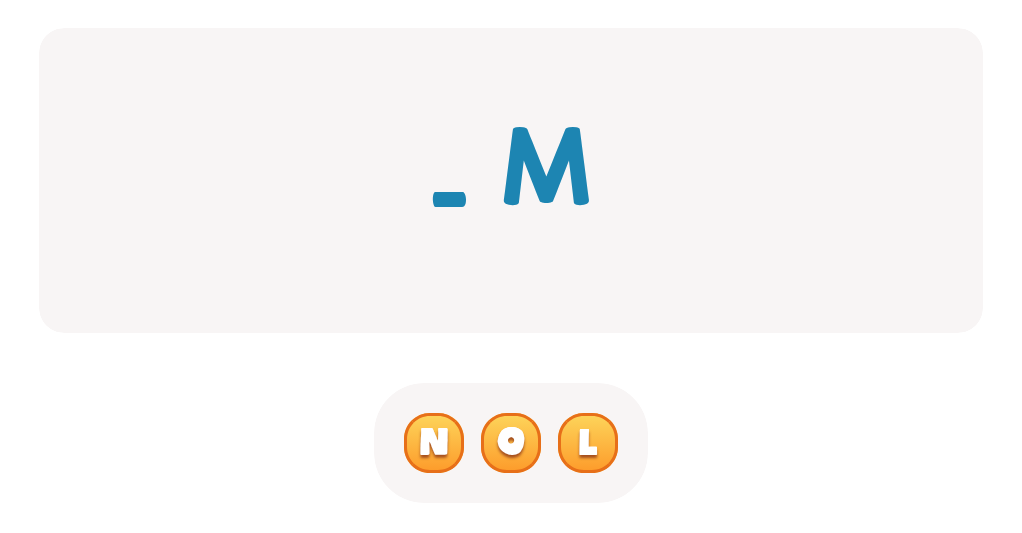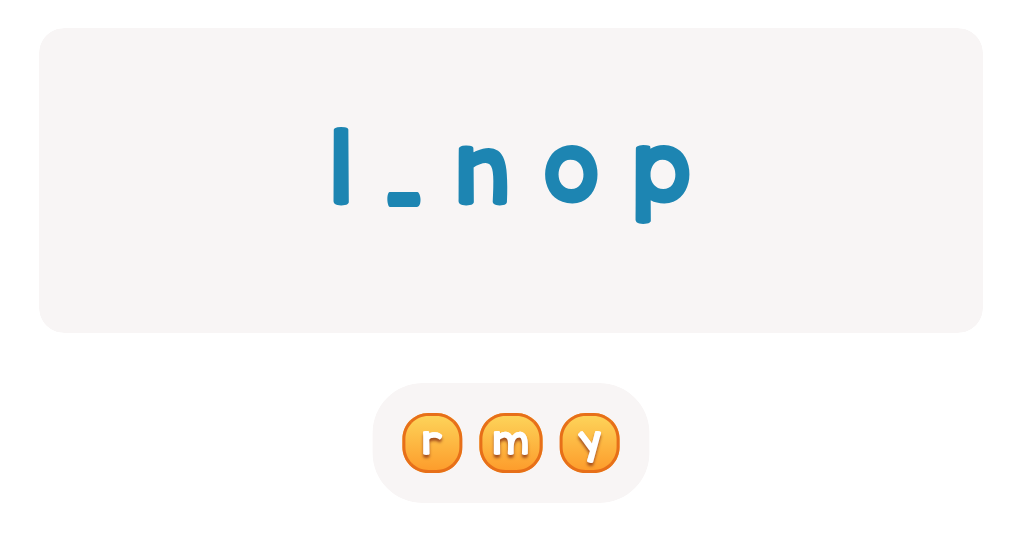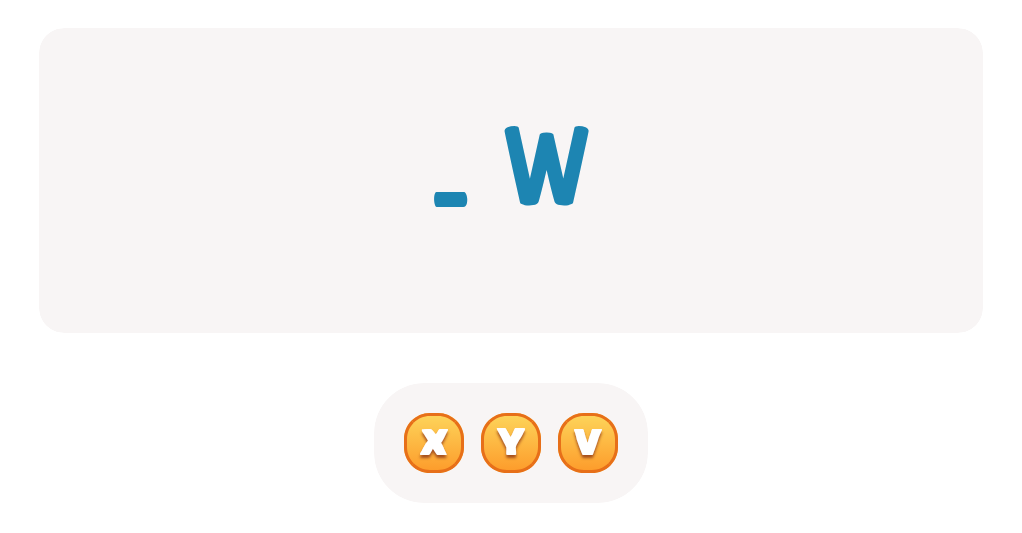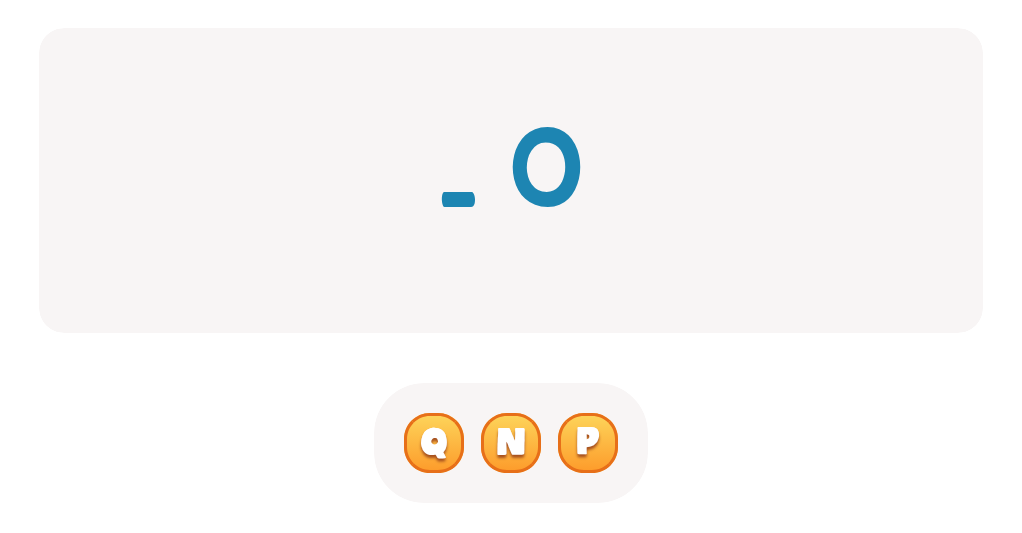Alphabet Learning ABC Letters Worksheets for Ages 4-6
3 filtered results
-
From - To
Discover our engaging "Alphabet Learning ABC Letters Worksheets" designed specifically for children ages 4-6. These fun and interactive worksheets help young learners master the fundamentals of the alphabet through various activities like tracing letters, identifying sounds, and recognizing uppercase and lowercase forms. Our resources promote essential literacy skills, enhancing children's comprehension and recall while making learning enjoyable. Perfect for homeschooling, preschool, or supplementary education, these worksheets provide a solid foundation in letter recognition and phonics. Get started today and empower your child’s journey in reading and writing with our thoughtfully crafted materials!
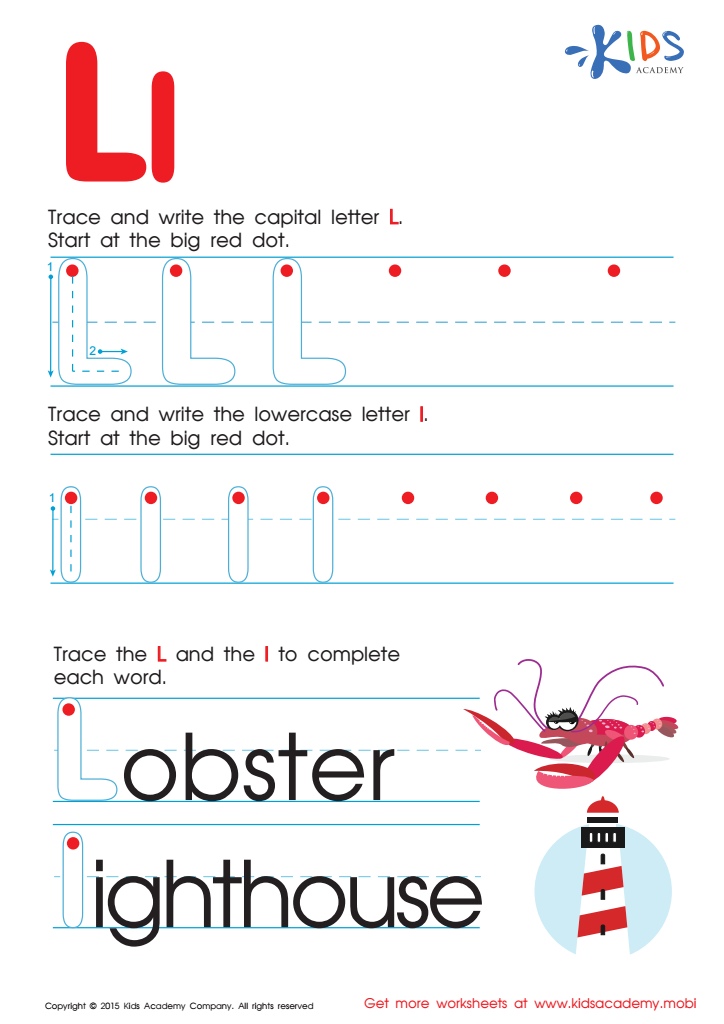

Letter L Tracing Page
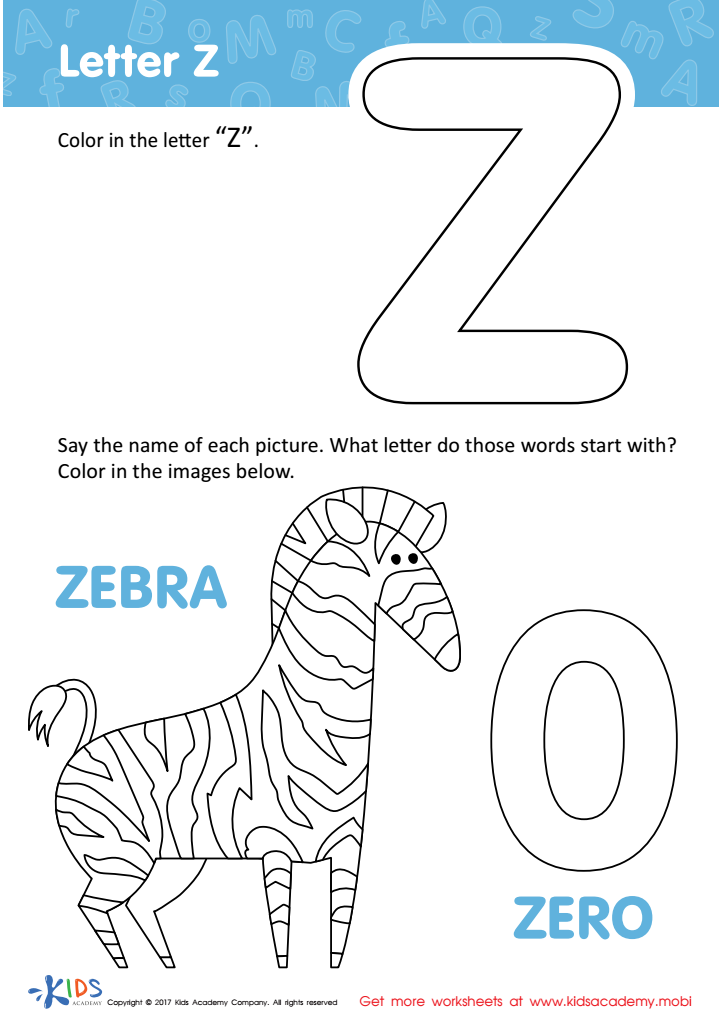

Letter Z Coloring Sheet
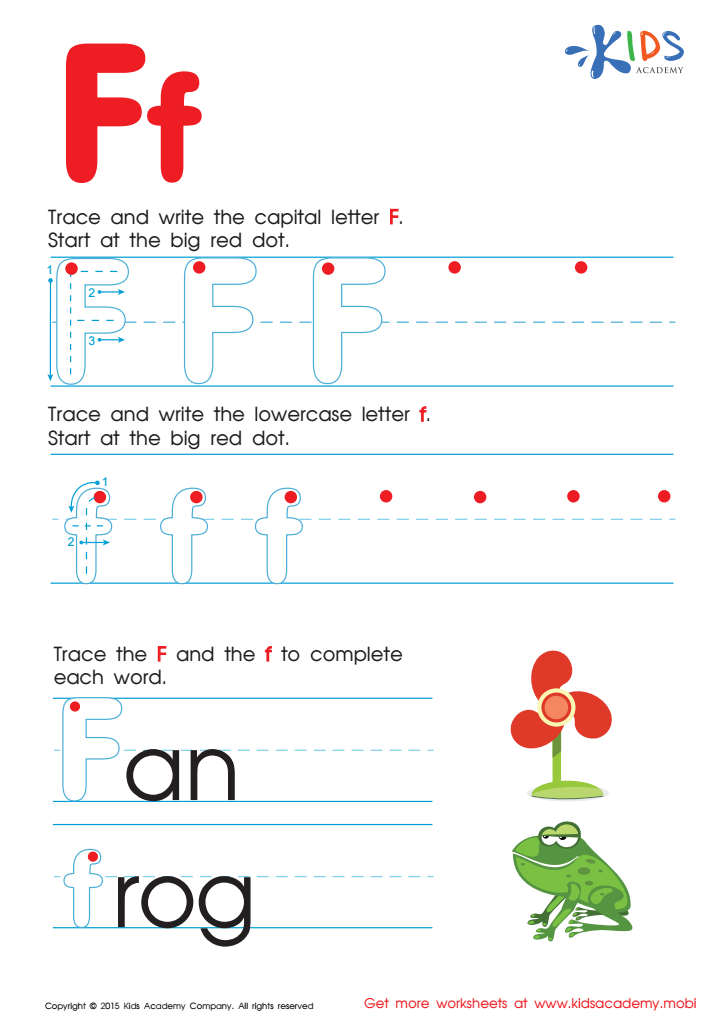

Letter F Tracing Page
Alphabet learning is foundational for children aged 4-6 as it sets the stage for literacy development. At this early age, children are highly receptive to language acquisition and cognitive skills. Understanding the 26 letters of the alphabet not only enables them to recognize written language but also aids in developing phonemic awareness, which is crucial for reading and spelling.
When parents and teachers engage with children in learning ABC letters, they enhance vocabulary, improve communication skills, and foster a lifelong love for reading. This period is critical; literacy skills established now can significantly influence academic performance in later years. Children learn best through playful activities, and incorporating games, songs, and interactive lessons makes learning enjoyable and memorable.
Moreover, mastering alphabet recognition can boost self-esteem and confidence as children begin to read independently. Effective alphabet instruction also lays the groundwork for critical thinking and comprehension skills as they progress in their education. Thus, by prioritizing alphabet learning, parents and teachers contribute significantly to a child's overall development, ensuring they are well-prepared for future learning challenges and nurturing a passion for literacy that lasts a lifetime.
 Assign to My Students
Assign to My Students
